I asked this question in the October forums but 12 hours later the post still says "unapproved" and I don't believe it's visible. Here's a copy-paste:
What I want to do is grab the latest blog post and display it on the homepage of the website. I can do it currently with my own post partial and the posts variable injected by the blogPosts component like so:
[blogPosts]
pageNumber = "{{ :page }}"
postsPerPage = 10
noPostsMessage = "No posts found"
sortOrder = "published_at desc"
categoryPage = "blog/category"
postPage = "blog/post"
==
{% partial 'site/blogpost' post=posts|last %}
However, I'd like to do this with the default blogpost component that comes with the plugin, but the only way to pass the post to the component seems to be by using the slug in the url, which doesn't really work for the homepage. How can I achieve this?
